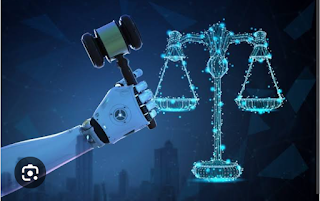Astral Travel: A Journey Beyond Dreams
Astral travel is the ability to project one's consciousness beyond the physical body and into different dimensions and realms. This experience has been known and practiced for centuries by mystics, explorers, and spiritual seekers.
So, what is astral travel and how is it done?
Astral travel can be achieved using various techniques, including lucid dreaming, meditation, and hypnosis. These techniques help to calm the mind, focus on the sensation of separation from the body, and consciously direct the astral body.
Benefits of astral travel:
Self-discovery: Astral travel can help individuals connect deeply with their own souls and subconscious minds. This can be a significant step on the path to personal growth and enlightenment.
Creativity: Astral travel can be used to access new ideas and sources of inspiration. This can enhance creativity in areas such as art, music, and writing.
Healing: Astral travel can be used to heal physical and emotional ailments. This can help overcome problems like stress, anxiety, and depression.
Remote viewing: Astral travel can be used to communicate with people or places at a distance. This can allow you to stay connected with loved ones or explore new locations.
Getting started with astral travel:
Do your research: Learn about astral travel from various sources, such as books, articles, and websites.
Choose a technique: There are many different techniques for astral travel. Choose one that suits you and practice it regularly.
Be patient: Learning astral travel takes time and practice. Don't give up if you don't see results immediately.
Be safe: Always make sure you are in a safe and comfortable place when attempting astral travel.
Astral travel is a mysterious and fascinating phenomenon. With the right techniques and approach, you can experience it for yourself and explore the boundaries of your consciousness.
Keywords: #astral #travel, #astral #body, #dreaming, #meditation, #hypnosis, #personal #growth, #creativity, #healing, #remote #viewing














